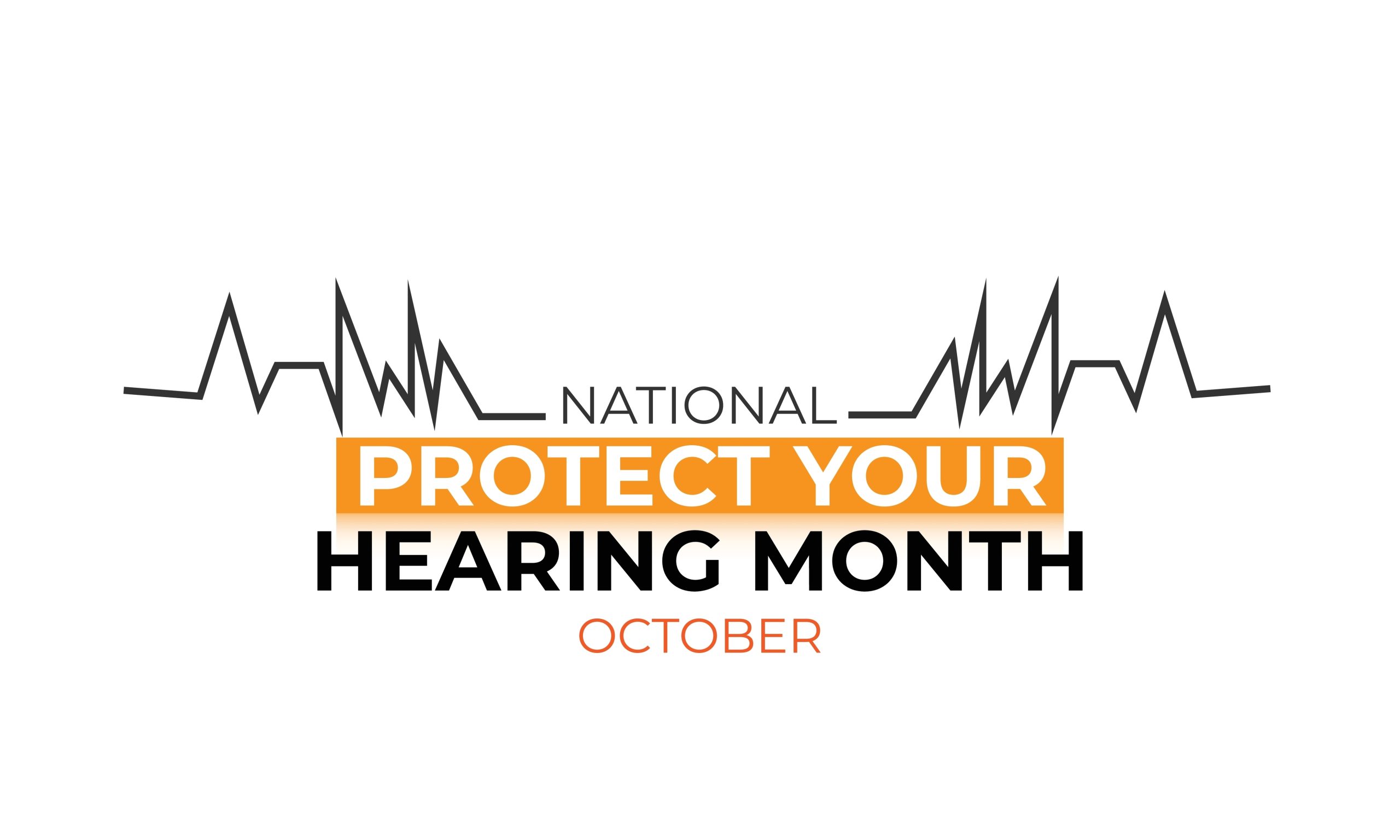
We are constantly exposed to noise in our everyday existence. Whether it’s lawnmowers, vehicles, or our own headphones, the auditory world has intensified. This escalation in noise can have a harmful effect on your hearing if you’re not careful. The observance of National Protect Your Hearing Month in October provides the best opportunity to prioritize the conservation of this fundamental sense.
8 actionable steps to protect your hearing
Fortunately, there are easy steps you can take to guard your hearing from the everyday noise around you. The following are eight primary recommendations for protecting your hearing health.
1. Know noise levels and their impact
To begin preventing hearing loss, you must know when noise intensity is too loud to tolerate. The volume of various sounds is measured in decibels (dB), and being subjected to them for too long can cause lasting hearing impairment. Here’s a quick overview:
- Sounds like heavy traffic or lawn mowers (85–90 dB) can be tolerated safely for a maximum of 2 hours.
- 100 dB: Motorcycles, construction machinery – Hearing damage can occur in as little as 15 minutes.
- Instant damage is possible after merely a few seconds of exposure to noises over 110 dB, like explosions, gunshots, or fireworks.
By being vigilant about how loud your surroundings are, you can successfully stay away from settings that are harmful to your auditory health.
2. Determine sound levels yourself
Want to know the actual volume of your surroundings? A smartphone makes measuring sound levels effortless. There are many free applications that act as sound meters, allowing you to assess surrounding noise levels. For the most accurate results, ensure you measure the sound from your typical distance to the source.
Using this tool regularly can help you better understand your environment and make informed decisions about protecting your hearing.
3. Don’t crank up the volume on your devices
A significant way people negatively affect their hearing over time is by using their devices at elevated volume settings. Headphones and earbuds, while convenient, frequently carry understated dangers. For example, many headphones can surpass 100 dB, leading to hearing loss in just 15 minutes.
Because they listen with earbuds at high volumes, more than a billion young people worldwide are currently facing a risk of hearing loss. To be safe, keep your earbud volume below 50% of its full level to protect your hearing. If you need to raise the volume higher to hear, that’s a sign your hearing may already be damaged.
4. Avoid using music to drown out background noise
If you reside in a noisy neighborhood or frequently work in loud environments, it might be tempting to use headphones to block out the background sound. However, turning the volume high enough to overpower the noise outside is unwise for your hearing. Opt instead for noise-canceling headphones; these devices make it possible to listen to your music or podcasts at a considerably reduced, safer level. Should noise-canceling headphones not be an option, simple earplugs are a viable alternative.
5. Always use earplugs in loud settings
Earplugs are absolutely necessary for individuals regularly in loud settings, such as concerts, sports events, or while using heavy machinery. They are a highly effective yet simple hearing protection solution, being compact, inexpensive, and portable.
If you use them often, custom-fitted earplugs can be purchased, offering enhanced protection and a better fit than off-the-shelf versions. Never think twice about use earplugs when you are in a noisy location.
6. While at work, follow safety guidelines
When your work involves being near loud machinery or equipment, you must strictly follow all safety procedures for hearing protection. While some employers may disregard the danger, those who insist “it’s not that loud” might already have serious hearing damage and be unaware of the actual volume. Take necessary steps to protect yourself by complying with all guidelines and wearing the designated protective equipment.
7. Move further away from loud noise
Frequently, the best strategy for safeguarding your ears is merely to step away from the noise. By increasing distance, the sound intensity hitting your ears is lessened, which helps reduce damage. As an illustration, a noise source at 110 dB will be reduced to roughly 100 dB if you stand 20 feet away—a level that allows for up to 15 minutes of safe exposure.
Consider fireworks as a perfect illustration. While a firework explosion registers at 150 dB, if you are close to where it launches, the sound can still surpass 120 dB, which can cause instant harm. By sitting 2,000 feet away (roughly five football fields), you can enjoy the show at a safer level below 100 dB.
8. Address existing hearing loss promptly
Any existing hearing loss requires prompt action to keep it from escalating. Hearing loss doesn’t go away on its own; it progresses. Nearly 1 in 10 adults between the ages of 55 and 64 has noticeable hearing loss, and those numbers rise sharply in older age.
When initial signs of hearing loss are ignored, it only causes the condition to progress faster. On average, people wait 7 years too long to get treatment. The sooner you consult with a hearing specialist and consider hearing aids or other treatments, the better your chances of preserving your remaining hearing.
Take action today
National Protect Your Hearing Month is an ideal reminder to prioritize your hearing health. These fundamental steps are effective and can make a big change, whether your goal is to reduce existing hearing loss or stop it from happening.
book a hearing test now and gain control over your hearing health before the opportunity is gone.
